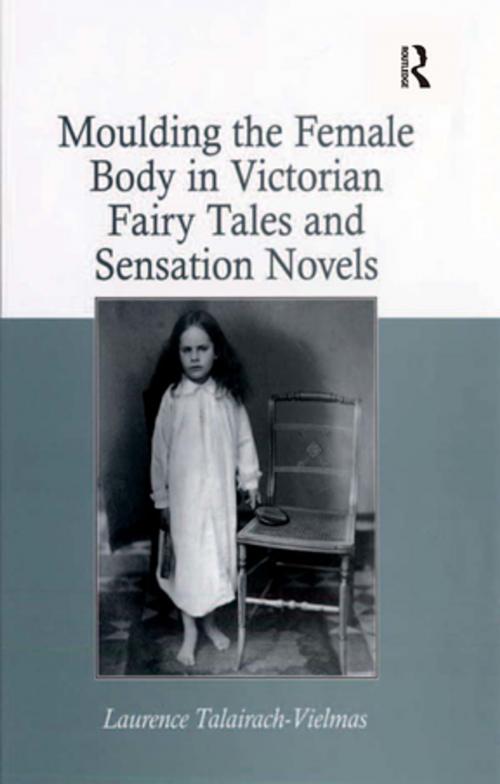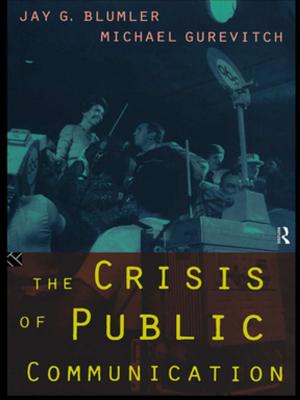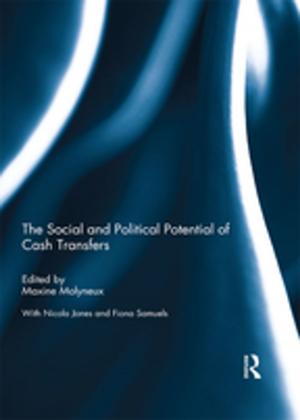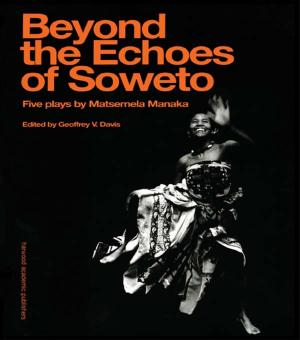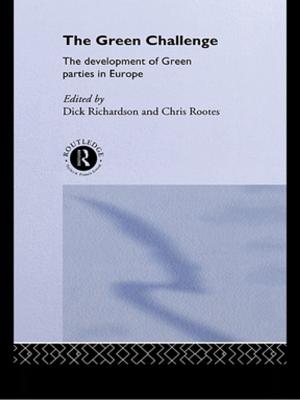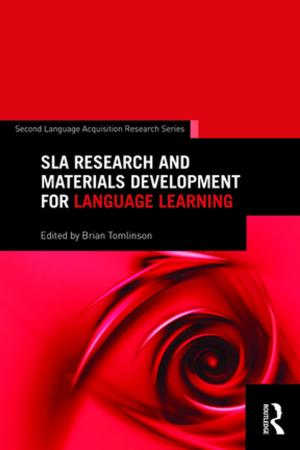Moulding the Female Body in Victorian Fairy Tales and Sensation Novels
Fiction & Literature, Literary Theory & Criticism, Theory| Author: | Laurence Talairach-Vielmas | ISBN: | 9781317093909 |
| Publisher: | Taylor and Francis | Publication: | April 15, 2016 |
| Imprint: | Routledge | Language: | English |
| Author: | Laurence Talairach-Vielmas |
| ISBN: | 9781317093909 |
| Publisher: | Taylor and Francis |
| Publication: | April 15, 2016 |
| Imprint: | Routledge |
| Language: | English |
Laurence Talairach-Vielmas explores Victorian representations of femininity in narratives that depart from mainstream realism, from fairy tales by George MacDonald, Lewis Carroll, Christina Rossetti, Juliana Horatia Ewing, and Jean Ingelow, to sensation novels by Wilkie Collins, Mary Elizabeth Braddon, Rhoda Broughton, and Charles Dickens. Feminine representation, Talairach-Vielmas argues, is actually presented in a hyper-realistic way in such anti-realistic genres as children's literature and sensation fiction. In fact, it is precisely the clash between fantasy and reality that enables the narratives to interrogate the real and re-create a new type of realism that exposes the normative constraints imposed to contain the female body. In her exploration of the female body and its representations, Talairach-Vielmas examines how Victorian fantasies and sensation novels deconstruct and reconstruct femininity; she focuses in particular on the links between the female characters and consumerism, and shows how these serve to illuminate the tensions underlying the representation of the Victorian ideal.
Laurence Talairach-Vielmas explores Victorian representations of femininity in narratives that depart from mainstream realism, from fairy tales by George MacDonald, Lewis Carroll, Christina Rossetti, Juliana Horatia Ewing, and Jean Ingelow, to sensation novels by Wilkie Collins, Mary Elizabeth Braddon, Rhoda Broughton, and Charles Dickens. Feminine representation, Talairach-Vielmas argues, is actually presented in a hyper-realistic way in such anti-realistic genres as children's literature and sensation fiction. In fact, it is precisely the clash between fantasy and reality that enables the narratives to interrogate the real and re-create a new type of realism that exposes the normative constraints imposed to contain the female body. In her exploration of the female body and its representations, Talairach-Vielmas examines how Victorian fantasies and sensation novels deconstruct and reconstruct femininity; she focuses in particular on the links between the female characters and consumerism, and shows how these serve to illuminate the tensions underlying the representation of the Victorian ideal.
